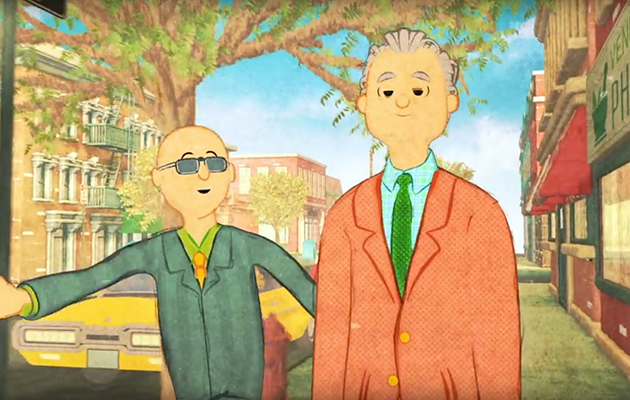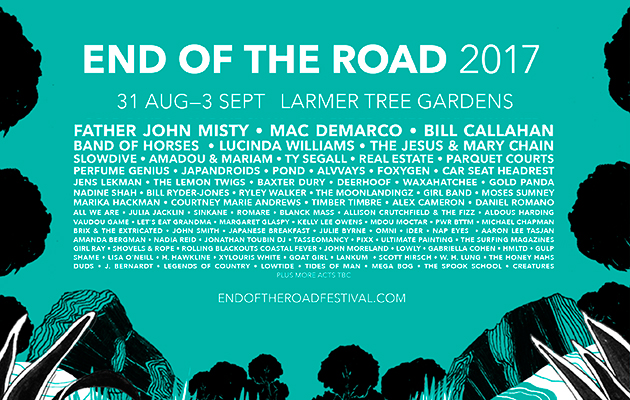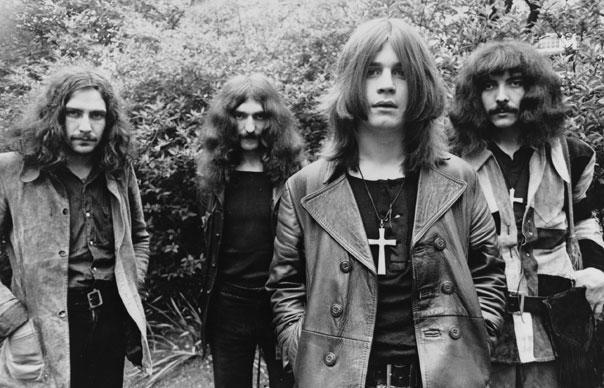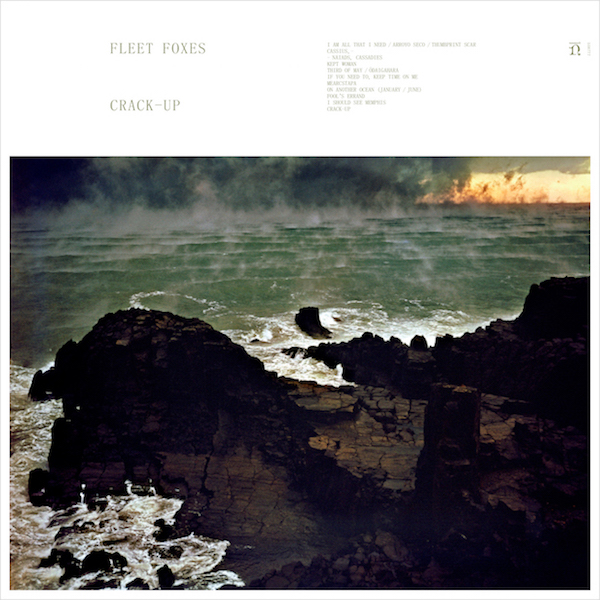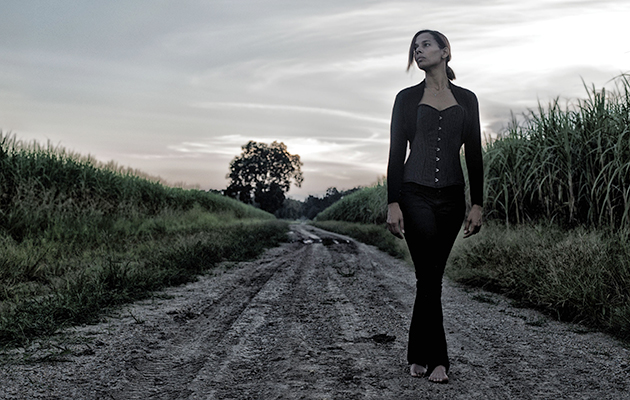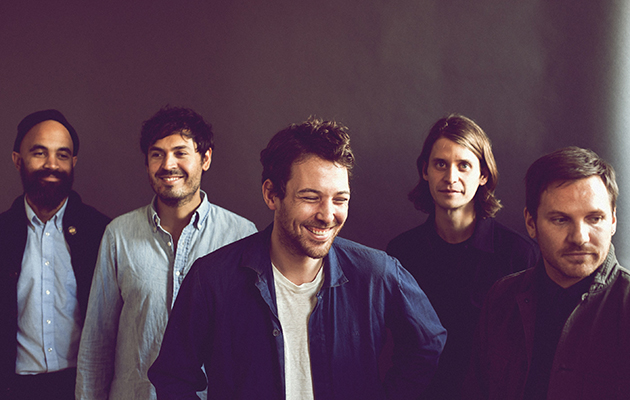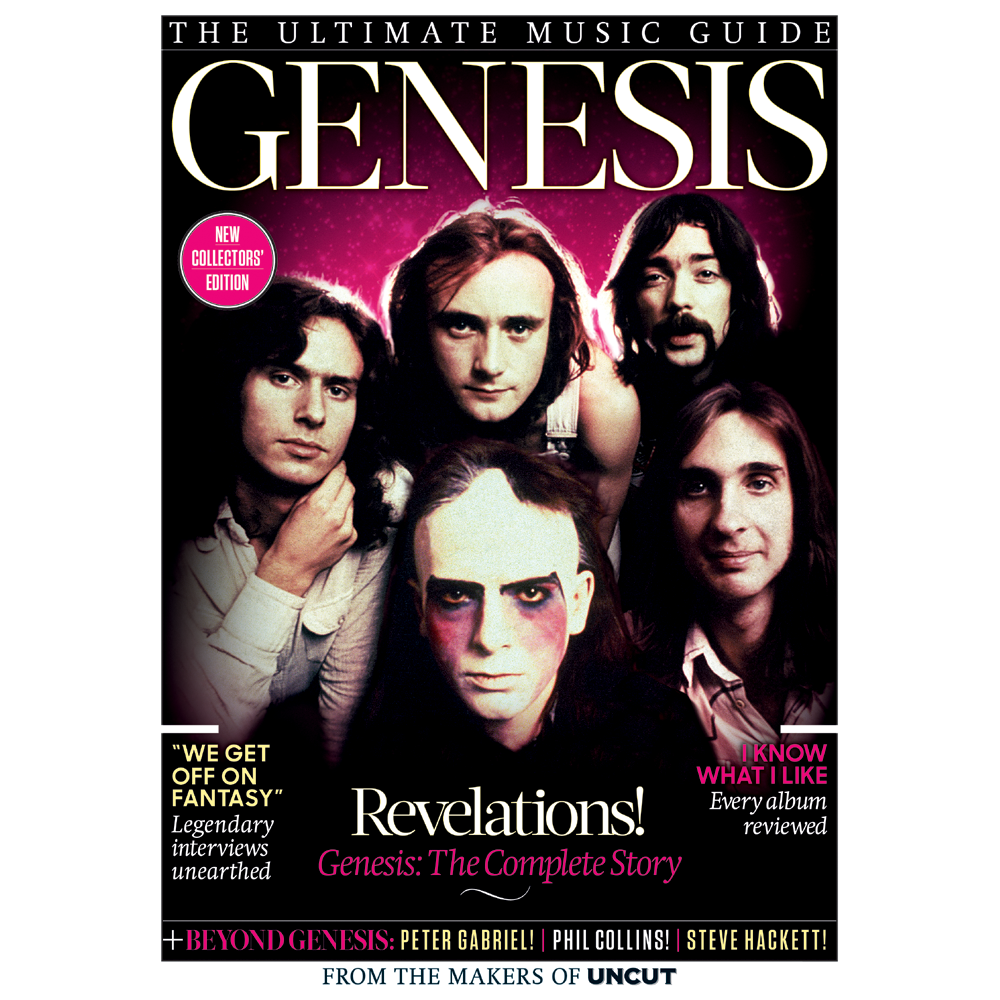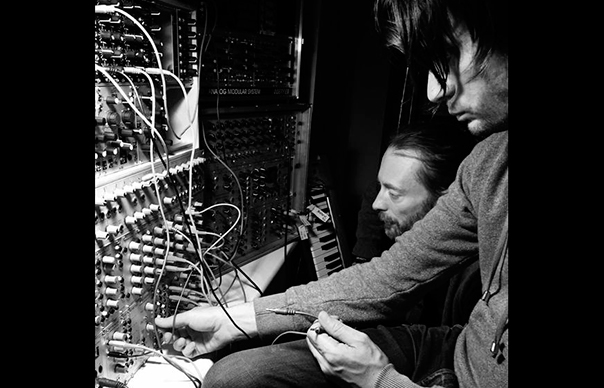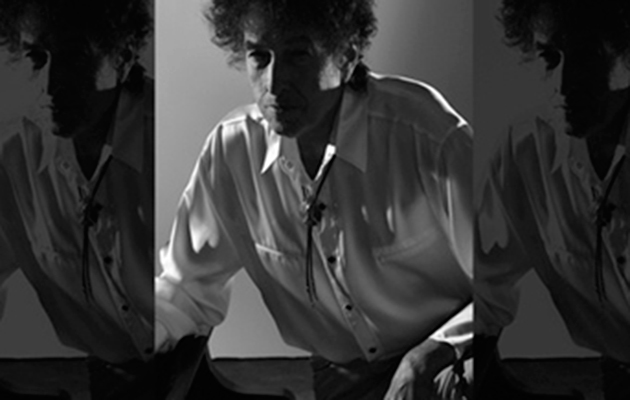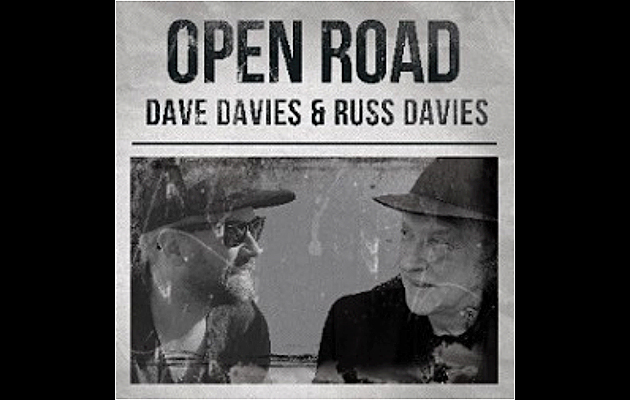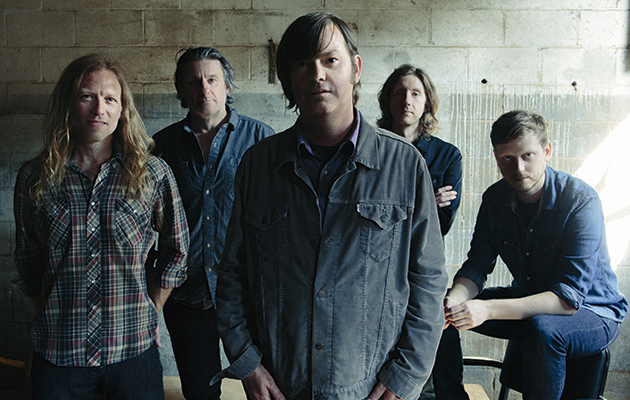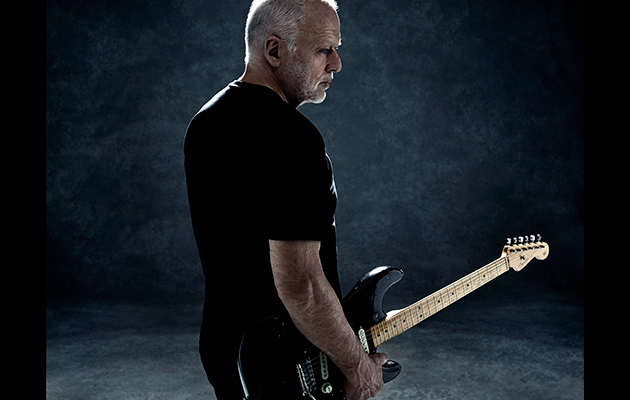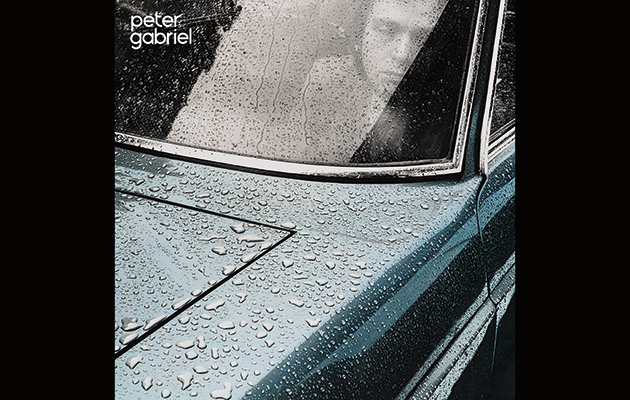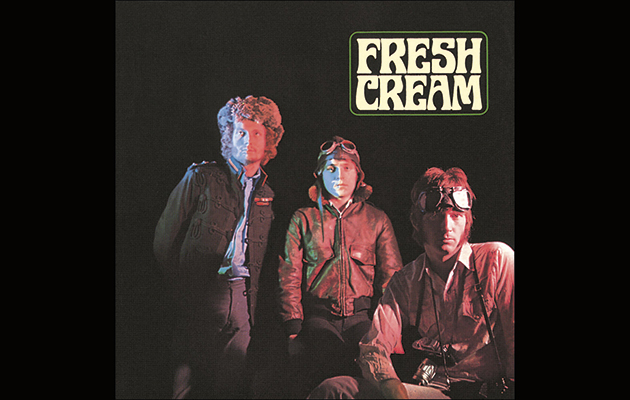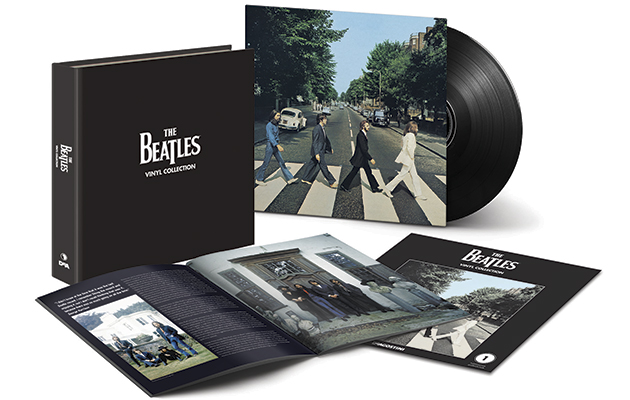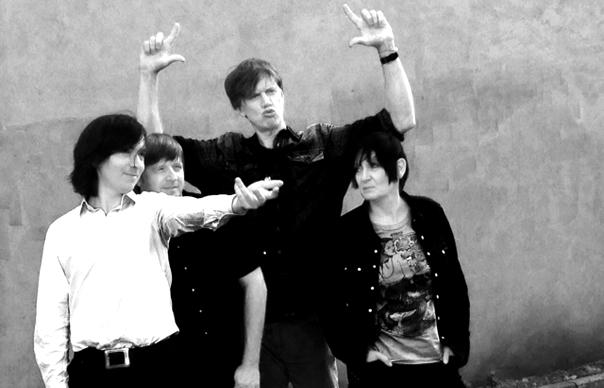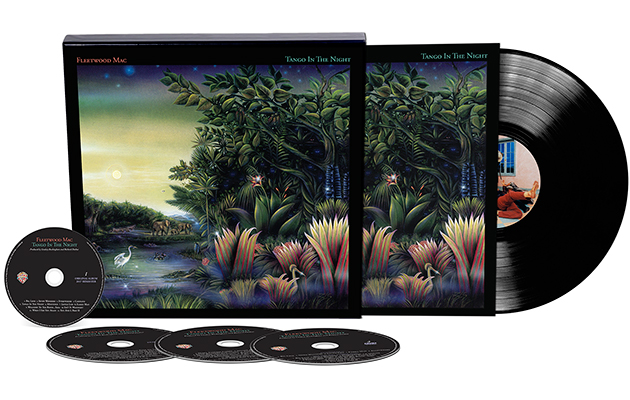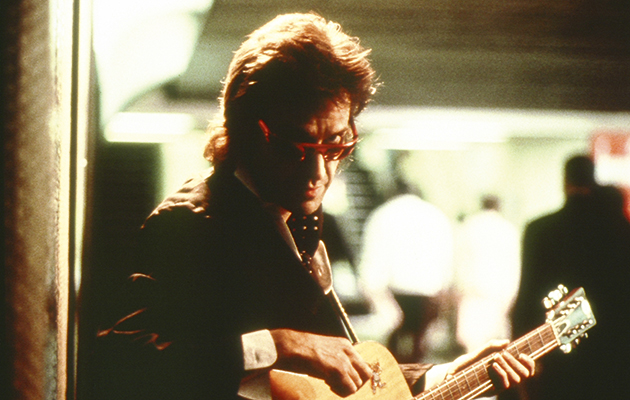Reproduced in the liner notes for Rhiannon Giddens’ second solo album, Freedom Highway, is an advertisement from a newspaper in Kingston, New York. The date is 1797, when slavery was still alive in the northern United States, and the item for sale is a “remarkable smart healthy Negro Wench”, who, the seller promises, is “about 22 years of age” and is “used to both housework and farming.” Reducing a woman to such utilitarian traits is horrifying enough, but the ad notes as well that “she has a child about 9 months old, which will be at the purchaser’s option”.
This clipping is an ugly but revealing artefact of an era in Western history when human beings could be collected and bartered as property, with slave children essentially worthless. For Giddens, a member of the groundbreaking African-American folk group the Carolina Chocolate Drops and now a solo artist, this ad provided the inspiration for the opening track on Freedom Highway. “At The Purchaser’s Option” opens with a beseeching banjo melody over a stolid drumbeat, almost matter-of-fact in its marching steadiness. Giddens sings in the voice of the slave, who will not allow herself to stop loving this “babe upon my breast” despite their uncertain future together. “You can take my body, you can take my bones,” she declares. “You can take my blood, but not my soul.” Giddens rushes the chorus slightly, getting just ahead of her band to evoke the woman’s hardened defiance as well as her urgent worry. In just a few short verses the song paints this woman’s life as a constant struggle to balance her own maternal love with the world’s crushing indifference, to steel herself against unimaginably horrendous circumstances.
Freedom Highway is full of songs like “At The Purchaser’s Option”, which were written over the past few years but sound like they’ve been lurking around the American subconscious for centuries, passed along by oral tradition or via song collectors and academics until they found their way to this particular singer, to this particular album, to this particular moment in history. They sound impossibly old, which marks them as remarkable feats of naturalistic songwriting, but they also sound startlingly relevant, suggesting that the nature of African-American experience has not changed dramatically over the last two hundred years.
If you didn’t know about that newspaper advertisement, you might hear the song in the present tense: It captures any mother’s concern that her child might be taken suddenly and violently from her, shot by cops or criminals or swallowed up by a lopsided system. That worry pervades Freedom Highway as it runs just under the surface of American history, connecting the present to the near and distant past. “Julie”, another original that sounds convincingly ancient, imagines a conversation as Union troops approach the plantation. The woman of the house begs her slave to protect the family’s riches, but Julie answers, “Mistress, O Mistress, that trunk of gold is what you got when my children you sold.” Rather than play the moment as one of triumph or vengeance, “Julie” remains tensed like a muscle, with only Dirk Powell’s fiddle and Giddens’ own banjo accompanying her strong vocals.
This is no cold history lesson or dry academic exercise. Giddens inhabits these songs as though taking the stage in short plays, dramatising her characters in a way that makes their predicaments sound visceral and urgent. Her songs sound like they are designed to provoke empathy in the listener and potentially – hopefully – realign assumptions about race in this or any other era. Toward this end Freedom Highway draws as much from Giddens’ training in opera and musical theater as from her tenure with the Chocolate Drops, who revived forgotten or neglected musical traditions and expanded the range and import of contemporary Americana.
Her 2015 solo debut, Tomorrow Is My Turn, only hinted at the extent of Giddens’ interpretive abilities. She put her own spin on a handful of songs written or made famous by women artists ranging from Sister Rosetta Tharpe and Geeshie Wiley to Dolly Parton and Patsy Cline, but the album was somehow less than the sum of its parts, partly due to T Bone Burnett’s production and partly due to its overdetermined concept. Freedom Highway sounds much better for being looser and more open-ended. It invites the listener to step into a world that somehow is treacherous and wondrous in equal measure: full of misery and joy, loneliness and lust, fear and fellowship, and every kind of music imaginable.
Giddens and her touring band, along with co-producer/fiddler Dirk Powell, wrangle an incredible range of sounds and styles and integrate them into a cohesive tracklist that ranges from the lusty juke jazz of “Hey Bebe” (with its deliciously lascivious trumpet solo by the amazingly named Alphonso Horne) to the blazing R’n’B of “Better Get It Right the First Time” (with its deftly rapped verse by Giddens’ nephew Justin Harrington). The celebratory quality of the music belies the bleakness of the predicaments described in the songs, which doesn’t soften their impact but instead adds complexity to these portrayals and presents these characters as real people. Which, in the case of “At The Purchaser’s Option”, they actually are.
This isn’t the old weird America so often romanticised in contemporary roots music, but rather an America not too far removed from the one that exists today. Giddens writes and sings and plays banjo in a way that allows these songs to toggle between the past and the present, presenting slave narratives that sound starkly relevant to Trump’s America. Nowhere is that more obvious than on “Baby Boy”, which depicts a mother comforting her son at various points in his life. Each stage is represented by a different singer: Giddens soothes the infant, her sister Lalenja Harrington address the boy growing into an adult, and Haitian American cellist Leyla McCalla summons the memory of the man perhaps as a ghost. As the song progresses, their vocals intertwine into a lovely round of tender voices, as though the life of this one family were folding in on itself.
The album closes with a cover of the Staple Singers’ epochal “Freedom Highway”, a song directly inspired by the Civil Rights marches in Alabama in 1965 and debuted later that year in Chicago at a performance that would become the foundation for one of that group’s defining albums. Giddens slows the song down slightly, which implies that social progress has met some resistance – which, sadly, it has. The sense of joyous determination has not diminished, however, thanks to the buoyancy of the brass band punctuating the song with exclamation points and to the steeliness of Bhi Bhiman’s electric guitar. It’s a risky choice of song, perhaps a bit too on the nose, especially coupled with that cover art, as it might give the impression that Giddens is letting older voices speak not through her but for her. But in the context of this remarkably wise and timely album, the song sounds like a hopeful denouement: an opportunity for Giddens to gather all of her characters into one choir and show them – and all of us – a way forward.
Q&A
Rhiannon Giddens
Tomorrow Is My Turn had a very pronounced narrative. Was there a similar guiding idea behind this record?
The idea was to show these different aspects of African American experience, from a long time ago to not that long ago. When you make a record you have to be really careful not to over-theme it, especially if you’re a literalist like me. I’ve always been a crafter of things based on other things rather than making something up wholecloth, so my danger is to be too literal. I knew the next record after Tomorrow… was going to be a little more personal and use more of my original material. “Julie” was the focus for me in a lot of ways, just in terms of who these women are in history who don’t have voices, who don’t have books written about them or movies made about them. Particularly in the slave experience, it’s so often men who are talked about and the women are the reasons to do things, like the Nate Parker movie [Birth Of A Nation]. They don’t have their own agency in these stories, and that’s something that had been bothering me, so all the protagonists in the slave-narrative songs on the record are women. That was important to me.
There’s definitely a theatrical quality to some of these songs, which are all character-driven.
Let them talk. The whole point of the album is the voices. I don’t even like to say I wrote “Julie”, because to me it feels like a voice that needs to be heard through me. A lot of these songs are that way, and these voices need to be out there and released from books and interviews and living in a different way. That’s how I approach interpreting something: I try to find the voice and the story, what needs to be said and a way to let the material say it. It’s about getting out of the way, especially on this project. It’s about removing the ego, because once the ego gets involved, art suffers. That’s what I cherish about making this record. I think Dirk and I were able to do that as players and as writers, especially on a song like “We Could Fly”. I like to say we pulled it out of the air. We found that song together. As an ensemble we found the soul of each song together, because everyone was open and trusting. It’s a beautiful way to make a piece of art.
Tell me about “Julie”. It seems to be a focal point on the album.
I started writing that song some years ago. I read this book by Andrew Ward called The Slaves’ War: The Civil War In The Words Of Former Slaves, and I was moved to start writing songs. I wasn’t much of a songwriter at that point. I had written a couple of exercise songs, a blues or whatever, but these songs started to come out of me. “Julie” was the first one. I wrote it on my banjo. It had been sitting there for a while until it just seemed like the right time to do something with it.
In a sense, the wide-ranging music on the album reflects the variety of African-American experience you mentioned.
Some of it is based in the Chocolate Drops’ sound, and some of it is from the New Basement Tapes songs. After Tomorrow… I had to find a band that could tour that record, and we’ve been playing together for about two years. In our show we touch on a lot of different styles. We don’t have a genre. It’s whatever the song wants to do and we have the chops to do it. Like “Birmingham Sunday”. We’ve done something completely different [with the Richard Fariña song]. We even added that little tune in the middle of it. The energy was all in the moment. We didn’t do a lot of splicing. We did most things live in the studio altogether.
That approach seems to create a sense of the songs, especially something like “At The Purchaser’s Option”, toggling between the past and the present, commenting on a historical moment as well as on the present day.
That’s what I keep telling people. When you know the past, you understand the present and you can see where we’re going. I’ll tell you this: the album was originally called something different, but we changed the title. We were going to call it At The Purchaser’s Option, which is a phrase from a slave advertisement that I read. That’s an aspect of slavery that is a subtext for other things, and the song can apply to people in slavery today. I sang the song at a gala for an organisation that helps to free women who’ve been trafficked. Modern slavery is huge, and there are still all these women who have no control over their bodies and their children. That’s an enormous topic, and it felt right to name the record that.
Then the election happened. And it just didn’t feel right anymore. So we changed it to Freedom Highway. That felt right because At The Purchaser’s Option, while depressing, still exclaims, you can’t destroy me. But Freedom Highway is more about standing together and getting through this hard time. Given what happened in the election, it felt like the focus needed to be there. It feels like that title just lifted everything.
INTERVIEW: STEPHEN DEUSNER
The May 2017 issue of Uncut is now on sale in the UK – featuring our cover story on Buckingham Nicks. Elsewhere in the issue, there’s interviews with Elastica, Mac DeMarco, John Lydon and Mike Love. We take a trip to Morocco – North African destination of The Beatles, Stones, Hendrix and more – and look back at the life of Laura Nyro. Our free CD collects great new tracks from Father John Misty, Mark Lanegan Band, Fairport Convention, Thundercat and more. The issue also features Wire on their best recorded work. Plus Future Islands, Lemon Twigs, Sleaford Mods, Rod Stewart, Bob Dylan, Willie Nelson, T.Rex, Cosey Fanni Tutti and more, plus 131 reviews


